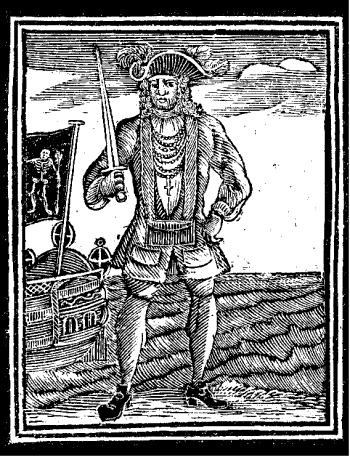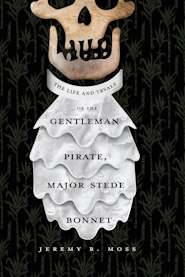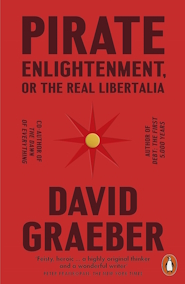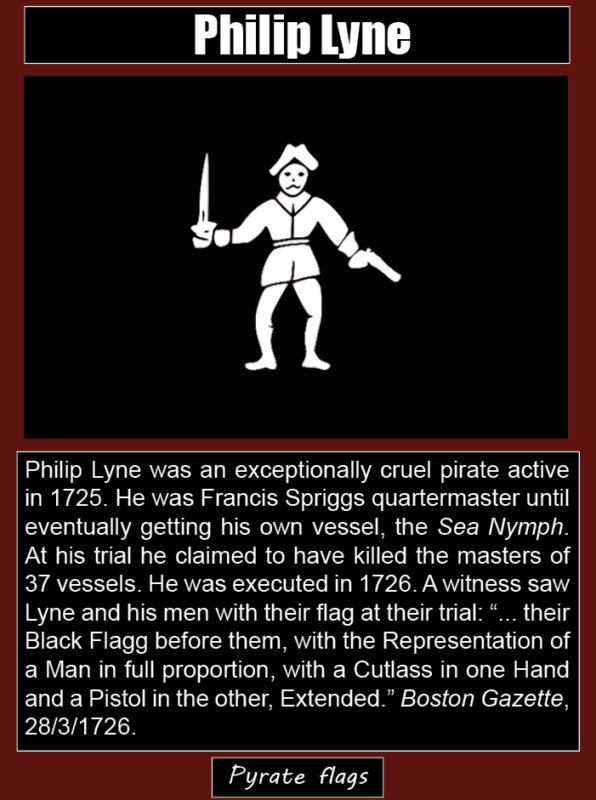“In an honest service there is thin commons, low wages, and hard labour. In this, plenty and satiety, pleasure and ease, liberty and power; and who would not balance creditor on this side, when all the hazard that is run for it, at worst is only a sour look or two at choking? No, a merry life and a short one shall be my motto.”
A General History of the Pyrates (1724)
 Active between 1719 and 1722, Bartholomew Roberts is viewed as being one of the most successful pirates, when judged by the amount of vessels captured. It is thought he took as many as 470 vessels, albeit the half of them being fishing boats. Born with the Christian name John, it is unsure why he took the name Bartholomew. Some say he adopted the name in reference to the legendary buccaneer Bartholomew Sharp, others say in order to hide his true identity.…
Active between 1719 and 1722, Bartholomew Roberts is viewed as being one of the most successful pirates, when judged by the amount of vessels captured. It is thought he took as many as 470 vessels, albeit the half of them being fishing boats. Born with the Christian name John, it is unsure why he took the name Bartholomew. Some say he adopted the name in reference to the legendary buccaneer Bartholomew Sharp, others say in order to hide his true identity.…


 The Enlightenment did not begin in Europe. Its true origins lie thousands of miles away on the island of Madagascar, in the late seventeenth century, when it was home to several thousand pirates. This was the Golden Age of Piracy – but it was also, argues anthropologist David Graeber, a brief window of radical democracy, as the pirate settlers attempted to apply the egalitarian principles of their ships to a new society on land.
The Enlightenment did not begin in Europe. Its true origins lie thousands of miles away on the island of Madagascar, in the late seventeenth century, when it was home to several thousand pirates. This was the Golden Age of Piracy – but it was also, argues anthropologist David Graeber, a brief window of radical democracy, as the pirate settlers attempted to apply the egalitarian principles of their ships to a new society on land.
 The ‘Glorious Revolution’, or de Glorieuze Overtocht in Dutch, is often called the Bloodless Revolution as there was very little bloodshed in England itself, although in Ireland it was a particularly bloody affair. Most ordinary people weren’t directly affected by the invasion as they had been during the Civil Wars (1642-52). In his book
The ‘Glorious Revolution’, or de Glorieuze Overtocht in Dutch, is often called the Bloodless Revolution as there was very little bloodshed in England itself, although in Ireland it was a particularly bloody affair. Most ordinary people weren’t directly affected by the invasion as they had been during the Civil Wars (1642-52). In his book